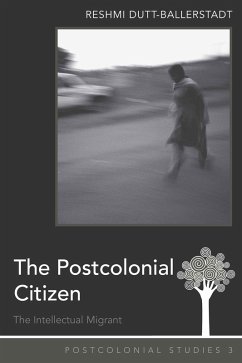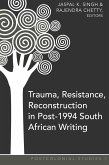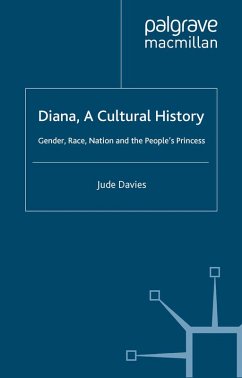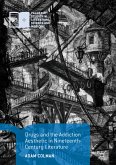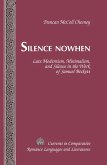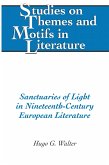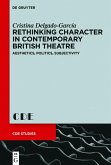The twentieth century has witnessed the rise of a large population of postcolonial intellectual migrants «willingly» arriving from formerly colonized countries into the United Kingdom, the United States, and Canada to pursue intellectual goals. Embedded in this movement from the formerly colonized spaces into the West is the vexed question of dislocation and displacement for these intellectual subjects.
The Postcolonial Citizen traces how such modes of (un)belonging are represented within literary and cultural space and how migrancy, and in particular the postcolonial «intellectual» migrant, is symbolically and philosophically understood as a cultural icon of displacement in the West. Using literary texts, autobiographical narrative of displacement, and cultural criticism, this book treats the cultural reception of intellectual migrancy (particularly within America) as both an uneasy and ambiguous condition. What is timely about this book's treatment of migrancy is the current threat imposed on postcolonial writers and scholars in the United States post-9/11. The book examines and exposes the consequences of intellectually intervening into democratic ideals after the rise of the «national security state» - giving the migrant sensibility of dislocation a socio-political dimension. Thus, in dealing with the cultural reception of migrancy,
The Postcolonial Citizen clearly marks the shift between pre- and post-9/11 migrant subjectivity and particularly addresses how the «third world» intellectual migrant has become synonymous with the voice of dissent and threat to the established democratic order in the United States.
Dieser Download kann aus rechtlichen Gründen nur mit Rechnungsadresse in A, B, BG, CY, CZ, D, DK, EW, E, FIN, F, GR, HR, H, IRL, I, LT, L, LR, M, NL, PL, P, R, S, SLO, SK ausgeliefert werden.

